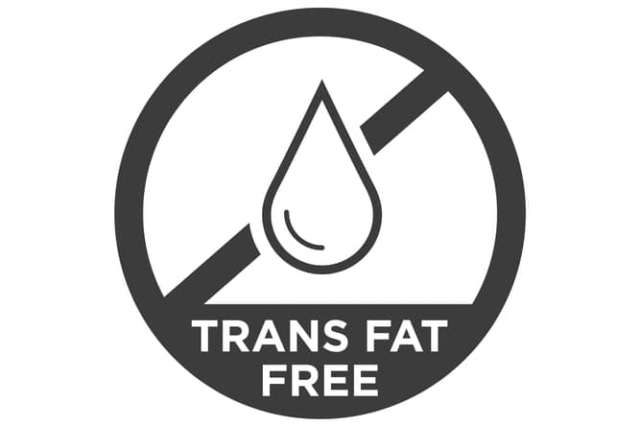The moment we hear about fats, most of us assume that it is bad for our health. But that is not entirely true. Certain fats are good for your body and you must ensure that you consume those good fats instead of the bad fats.
Our body burns fat and makes energy. These help in building hormones, and the nervous tissues and help the body to control inflammation. Good fats aid the body in absorbing vitamins A, D, E and K from your food.
Adding more good fats to your diet and reducing bad fats will help you in the long run. However, consuming too much fat can lead to obesity. Simply because calories burnt from fat are much easier to be stored as fats than they are from carbohydrates or proteins.
Here are different types of fats and the amounts that you should consume.
The bad dietary fats are:
- Saturated Fats:
Saturated fats can mostly be found in dairy products and meats that are high in fat. Some common examples include beef, lamb, pork, high-fat dairy food such as whole milk, cheese, butter, etc. tropical oils like coconut oils, palm oil, etc.
Each a lot of saturated fat can increase LDL or bad cholesterol. Thus, you should try to consume these products sparingly.
- Trans Fats:
Food items that contain partially hydrogenated vegetable oils are known as trans fats or trans fatty acids. These are the food items that you must avoid as much as possible. Some common examples include baked cookies, cakes, fried food like doughnuts, French fries, etc. processed snacks, etc.
Trans fat increases the LDL in the body and they are known to suppress HDL or the good cholesterol also.
The good dietary fats are:
- Monounsaturated Fats:
It is one of the good fats and is available in some food and oils. Consuming monounsaturated fat improves your blood cholesterol levels and reduces the chances of cardiovascular diseases. Some common examples include avocado, peanut butter, almonds, pecans, peanuts, etc.
You can add these food items to your daily diet although in moderate quantities.
- Polyunsaturated Fats:
These fats are also known as essential fats for the body. Since our bodies cannot generate these fats, we are heavily dependent on food items for them. A lot of plant-based food and oils are good sources of polyunsaturated fats.
As is the case with monounsaturated fats, polyunsaturated fats also help in reducing blood cholesterol levels and thereby the risks of heart disease.
Omega 3 fatty acid is a particular type of polyunsaturated fat that is particularly beneficial for your heart.
You can find Omega 3 fatty acids in salmon, chia seeds, trout, sardines, canola oil, etc.
Other sources of polyunsaturated fat include tofu, walnuts, vegetable oils, seeds like sunflower seeds, pumpkin seeds, sesame seeds, etc.
You must try to increase the intake of good fat by a considerable margin and reduce the consumption of bad fat.













































